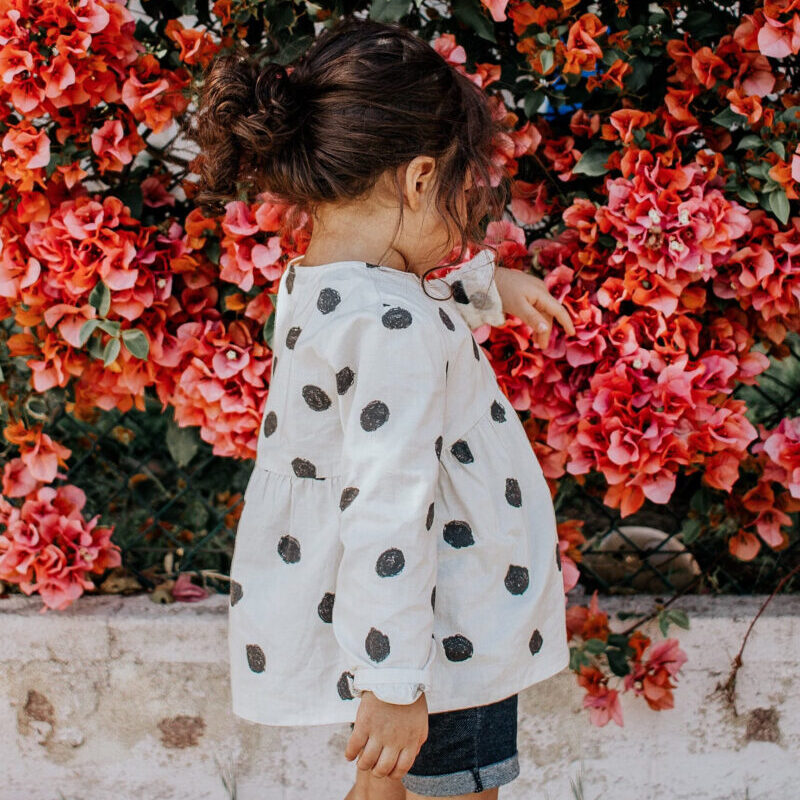Entrepreneurship Guide: 5 Keys to Choosing the Right OEM Kids Clothing Manufacturer
Starting a children’s clothing brand is an exciting venture, but it also comes with tough decisions. One of the most important choices a founder will face is selecting the right oem kids clothing manufacturer. The manufacturer you partner with is not simply a supplier—they’re the backbone of your business, influencing product quality, flexibility, pricing, and even how your brand is perceived.
At MK Kids, we’ve worked with emerging labels across the globe and witnessed firsthand the difference a well-matched partnership makes. Below, we outline five crucial points every startup should consider before committing to a manufacturing partner.
1. Prioritize Safety and Compliance Over Everything
Children’s clothing has higher regulatory and safety requirements than most apparel categories. Flammability standards, chemical-free fabrics, and durable stitching aren’t optional—they’re the baseline. A trusted custom clothing manufacturer will ensure that fabrics are responsibly sourced and child-friendly, while production methods meet the practical needs of durability and comfort.
When evaluating potential partners, ask how they approach safety in fabric selection, dyeing, and construction. A manufacturer that takes these factors seriously isn’t just producing garments—they’re helping you deliver peace of mind to parents and build trust for your brand.
2. Understand Minimum Order Quantities (MOQs)
For many startups, cash flow is a bottleneck. Committing to thousands of units in the early stage is often unrealistic. That’s why low moq production options are game-changers. A manufacturer that offers flexibility here allows you to test designs, experiment with styles, and refine your collections without overspending or overstocking.
However, beware of going too low—sometimes ultra-small batches come with inflated costs per unit. The key is to balance manageable quantities with sustainable margins.
3. Look Beyond Price to Evaluate Value
It’s tempting to chase the lowest cost, especially when you’re bootstrapping. But in the world of children’s fashion, “cheap” often comes at the expense of durability and consistency. Instead, focus on value:
-
Do they offer design input or pattern-making services?
-
Can they scale production as your brand grows?
-
Is communication smooth, or do time zones and language barriers slow down every revision?
A true partner brings more to the table than sewing machines—they bring problem-solving and reliability.
4. Consider Customization and Branding Support
Your brand identity should be visible in every stitch, label, and package. Partnering with an oem kids clothing manufacturer that offers customization options—like fabric selection, trims, labeling, and packaging—helps you build a brand that feels cohesive and premium.
Ask potential factories how flexible they are with custom requests. Can they handle small-batch dyeing? Will they accommodate unique designs instead of only mass-market basics? If your manufacturer sees themselves as a co-creator, not just a producer, you’ll be positioned for long-term brand differentiation.
5. Evaluate Communication and Relationship Fit
Logistics, shipping, and production schedules can be negotiated—but clear communication is non-negotiable. As a startup founder, you’ll need updates, realistic timelines, and proactive problem-solving. Pay attention to how responsive a manufacturer is during initial conversations. If communication feels slow or evasive now, expect more frustration down the road.
Successful partnerships often go beyond transactions. Look for a manufacturer who understands your goals, respects your constraints, and is willing to grow with you.
The Bottom Line: Building with the Right Partner
Choosing the right manufacturing partner is about much more than making clothes. It’s about aligning with a team that supports your vision and adapts as your brand evolves. At MK Kids, we’ve seen small labels transform into global players simply because they chose a manufacturer who believed in their journey.
If you’re a startup navigating this decision, keep the five points above at the forefront of your search. The right factory won’t just produce garments—they’ll help you build the foundation of a lasting brand.
 +1 5618168645
+1 5618168645

 Admin
Admin




 No. 888 ZhuJiaWan Street, Gusu District, Suzhou City, Jiangsu Province, China
No. 888 ZhuJiaWan Street, Gusu District, Suzhou City, Jiangsu Province, China